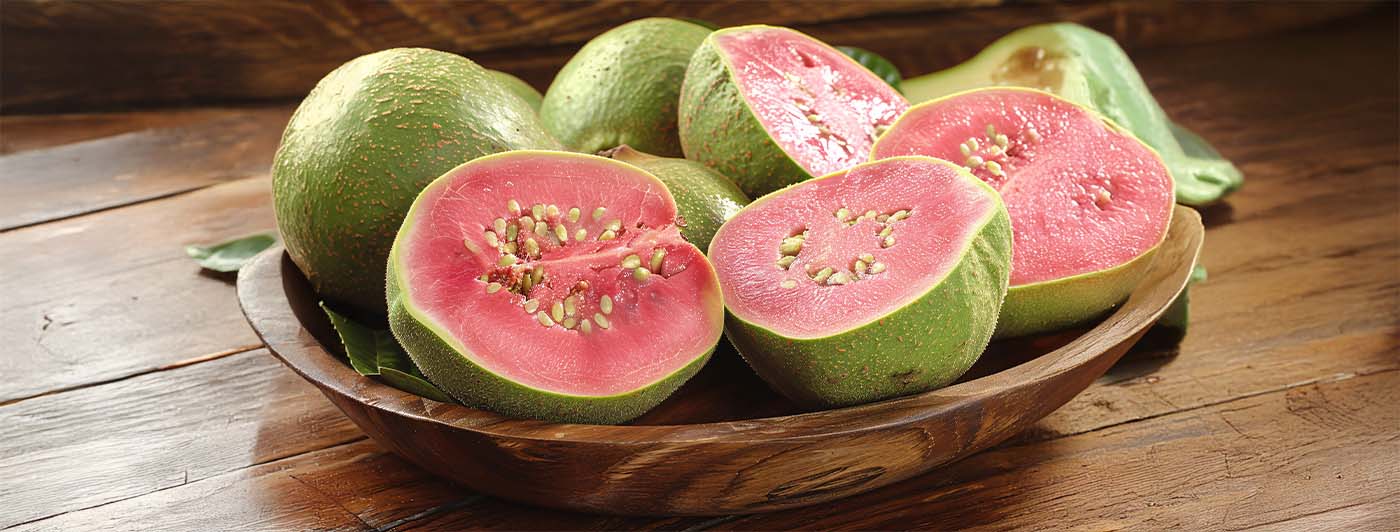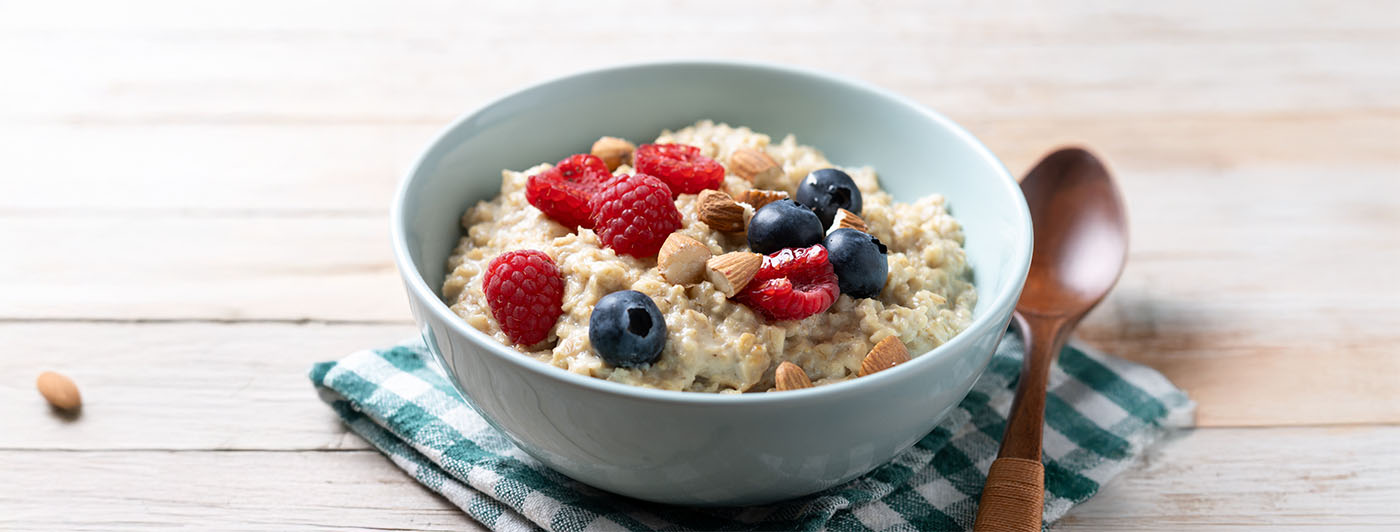What if one tropical fruit could help your body heal faster, keep your digestion smooth, protect your heart, and even slow down visible signs of aging? And what if it also worked perfectly with plant protein sources like legumes, nuts, and seeds to create a nutrient-packed meal?
Meet papaya — often called the “fruit of angels” for its vibrant color, sweet taste, and almost magical health benefits. When you explore papaya nutrition, you’ll discover a treasure trove of vitamins, minerals, enzymes, and antioxidants that can transform your wellness routine. From aiding digestion to boosting immunity and enhancing skin health, papaya has earned its place as a true superfood in kitchens around the world.
Whether eaten fresh, blended into smoothies, or tossed into a colorful salad, papaya delivers both flavor and function. In this article, we’ll uncover 9 amazing health benefits of papaya nutrition — and you might be surprised at how powerful this humble fruit really is.
1. Rich in Vitamins and Minerals
One of the most striking features of papaya nutrition is its impressive vitamin and mineral content. A single cup of ripe papaya provides more than 100% of the daily recommended intake of vitamin C, along with vitamin A, vitamin E, folate, magnesium, and potassium.
-
Vitamin C supports immune health, collagen production, and skin repair.
-
Vitamin A promotes good vision and a healthy immune system.
-
Magnesium and potassium help regulate blood pressure and muscle function.
These micronutrients make papaya a nutrient powerhouse for everyday wellness.
2. Supports Healthy Digestion
Papaya contains papain, a unique digestive enzyme that helps break down proteins, making it easier for the body to absorb nutrients. This is one reason why papaya nutrition is often recommended for people with digestive discomfort or irregular bowel movements.
Adding papaya to your daily meals can help:
-
Reduce bloating and gas
-
Improve protein absorption
-
Soothe the stomach after heavy meals
Interestingly, digestive-friendly diets often include drinks to reduce belly fat, and papaya smoothies with ginger or lemon can be a refreshing choice in such plans.
3. Boosts Immunity Naturally
The high vitamin C content in papaya nutrition strengthens your immune defense against infections. But that’s not all — papaya also contains vitamin E and beta-carotene, which work together to protect cells from damage caused by free radicals.
Regular consumption may:
-
Shorten the duration of colds
-
Improve resistance to seasonal illnesses
-
Support wound healing
This makes papaya a perfect immune-boosting snack, especially during flu season.
4. Promotes Glowing Skin and Anti-Aging Benefits
One of the most popular benefits of papaya nutrition is its effect on skin health. Its enzymes help exfoliate dead skin cells when applied topically, while its antioxidants protect against premature aging from within.
Papaya is rich in vitamin C, an essential nutrient for collagen production. Along with other collagen rich foods like berries, leafy greens, and nuts, papaya helps maintain skin elasticity and firmness.
Additionally, many women combine papaya with other superfoods — such as exploring chia seeds benefits for females — to achieve radiant skin and balanced health.
5. Supports Heart Health
The antioxidants in papaya nutrition help reduce oxidative stress, a major contributor to heart disease. Potassium supports healthy blood pressure, while dietary fiber helps lower cholesterol.
Regular consumption of papaya may:
-
Reduce bad cholesterol (LDL)
-
Increase good cholesterol (HDL)
-
Improve blood vessel function
This combination makes papaya an excellent addition to a heart-friendly diet.
6. Aids in Weight Management
With its low calorie content and high fiber levels, papaya nutrition is perfect for those aiming to maintain or lose weight. The fiber helps you feel fuller for longer, reducing the temptation to overeat.
For individuals focusing on healthy eating, pairing papaya with dry fruits for weight loss like almonds, walnuts, or pistachios can be both satisfying and nutrient-rich.
Papaya also works well in smoothies, salads, or as a post-workout snack.
7. Helps Reduce Inflammation
Papaya contains powerful anti-inflammatory compounds, including papain, chymopapain, and various flavonoids. This makes papaya nutrition beneficial for those with arthritis, joint pain, or chronic inflammation.
Eating papaya regularly can:
-
Reduce swelling
-
Improve joint flexibility
-
Support muscle recovery
For plant-based eaters, combining papaya with protein rich Indian food such as lentils and chickpeas can support both inflammation control and muscle repair.
8. Supports Eye Health
Carotenoids like beta-carotene, lutein, and zeaxanthin in papaya nutrition protect against age-related macular degeneration and promote overall eye health.
Papaya provides:
-
Vision-supporting antioxidants
-
Protection against UV light damage
-
Nutrients that reduce eye strain
These benefits make papaya an important fruit for those spending long hours in front of screens.
9. Excellent for Muscle Recovery and Energy
While papaya is not a protein-dense food, its vitamin C, potassium, and enzymes help in muscle repair, making it a great complement to protein-rich meals.
Athletes and active individuals often combine papaya with plant based protein powder in smoothies to aid recovery. Its natural sugars also help replenish glycogen stores, giving you a gentle energy boost without processed sugar spikes.
And if you’re exploring alternatives, remember that the best plant based protein options pair well with fruits like papaya for complete nutrient synergy.
How to Add Papaya to Your Diet
Incorporating papaya nutrition into your daily routine is easy and versatile. Here are some ideas:

-
Fresh snack: Enjoy sliced papaya with a squeeze of lime.
-
Smoothies: Blend papaya with banana, almond milk, and a scoop of plant protein for a post-workout drink.
-
Salads: Mix papaya chunks with cucumber, mint, and lemon juice.
-
Breakfast bowls: Combine papaya with yogurt, granola, and seeds.
-
Salsas: Use diced papaya in a spicy salsa for grilled vegetables or tofu.
Papaya Nutrition Facts (Per 1 Cup of Ripe Papaya)
-
Calories: ~60
-
Carbohydrates: ~15 g
-
Fiber: ~3 g
-
Protein: ~1 g
-
Vitamin C: >100% DV
-
Vitamin A: ~30% DV
-
Potassium: ~10% DV
These values highlight why papaya nutrition is often recommended for balanced diets.
Papaya in Context of Other Superfoods
While papaya shines for its vitamin C and enzyme content, it complements other superfoods beautifully:
-
Combine with benefits of coconut for a tropical, hydrating smoothie.
-
Add to a breakfast bowl alongside collagen rich foods for youthful skin.
-
Pair with nuts, seeds, or legumes to match the nutrient density of protein rich Indian food meals.
Possible Precautions
Although papaya nutrition is generally safe for most people, there are a few things to keep in mind. Unripe papaya contains latex, which may cause allergic reactions in sensitive individuals, especially those with latex allergies. Pregnant women should avoid unripe papaya, as its latex content may trigger mild uterine contractions.
People on certain medications, such as blood thinners or diabetes drugs, should consult their healthcare provider before increasing papaya intake, since it can affect blood sugar and clotting. Eating papaya in moderation is best, as excessive consumption may lead to mild digestive discomfort due to its high fiber and enzyme content.
Final Thoughts
Papaya is far more than a tropical delight — it’s a nutrient-dense ally for your health and vitality. From supporting digestion and immunity to promoting radiant skin and reducing inflammation, papaya nutrition works in harmony with your body’s needs.
Its versatility means you can enjoy it in countless ways — blended into a velvety smoothie, tossed through a crisp salad, or layered in a vibrant breakfast bowl. For an extra boost, pair it with complementary superfoods like coconut, chia seeds, and legumes — or blend it with a serving of high-quality Plantigo Plant Protein. This combination delivers a complete nutrient profile, offering both the vitamins and minerals from papaya and the clean, plant-based protein your body needs for sustained energy and recovery.
So, the next time you reach for fresh produce, let the golden-orange glow of papaya remind you — you’re not just choosing a fruit, you’re choosing a superfood that can transform your health. Elevate it with the right pairings, and you’ve got a powerhouse meal for mind, body, and skin.
Frequently Asked Questions
1. What are the benefits of papaya nutrition?
Papaya nutrition offers vitamin C for immunity, vitamin A for vision, antioxidants to protect cells, and digestive enzymes to aid nutrient absorption. It supports heart health, skin glow, and overall wellness.
2. Is papaya good for digestion?
Yes. Papaya contains papain, a natural enzyme that breaks down proteins, and dietary fiber that helps regulate bowel movements, reduce bloating, and keep the gut healthy.
3. Does papaya support eye health?
Absolutely. Papaya is rich in beta-carotene, lutein, and zeaxanthin — nutrients that protect the eyes from UV and blue-light damage while lowering the risk of age-related vision problems.
4. Can papaya reduce inflammation and benefit the heart?
Yes. Papaya’s antioxidants fight oxidative stress, while potassium and fiber help maintain healthy blood pressure and cholesterol levels, supporting heart function and reducing inflammation.
5. Is papaya safe during pregnancy?
Ripe papaya is generally safe in moderation, but unripe papaya contains latex compounds that may cause uterine contractions. Pregnant women should stick to fully ripe fruit and consult their doctor.
6. Can eating too much papaya cause side effects?
Overeating papaya may cause loose stools or stomach discomfort due to its high fiber and enzyme content. People with latex allergies should also avoid it, as papaya can trigger allergic reactions.
7. How do you choose a ripe papaya?
Look for papayas with mostly yellow-orange skin that yield slightly to gentle pressure and have a sweet aroma. Avoid hard, green ones unless you plan to cook them.












